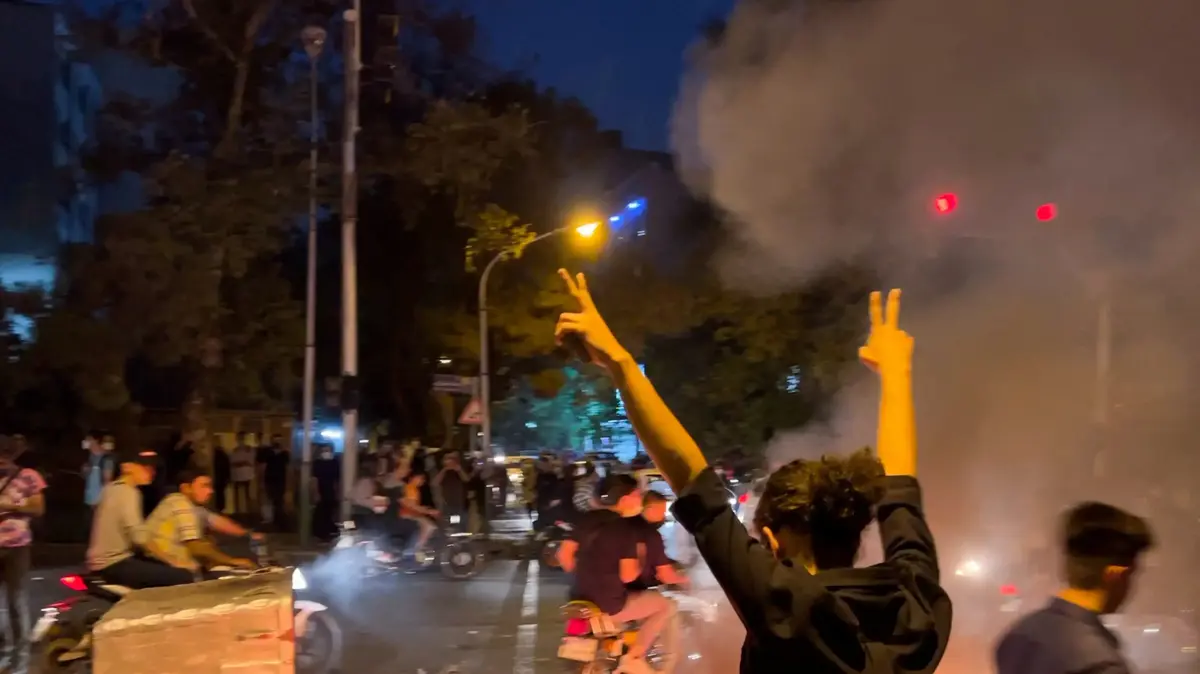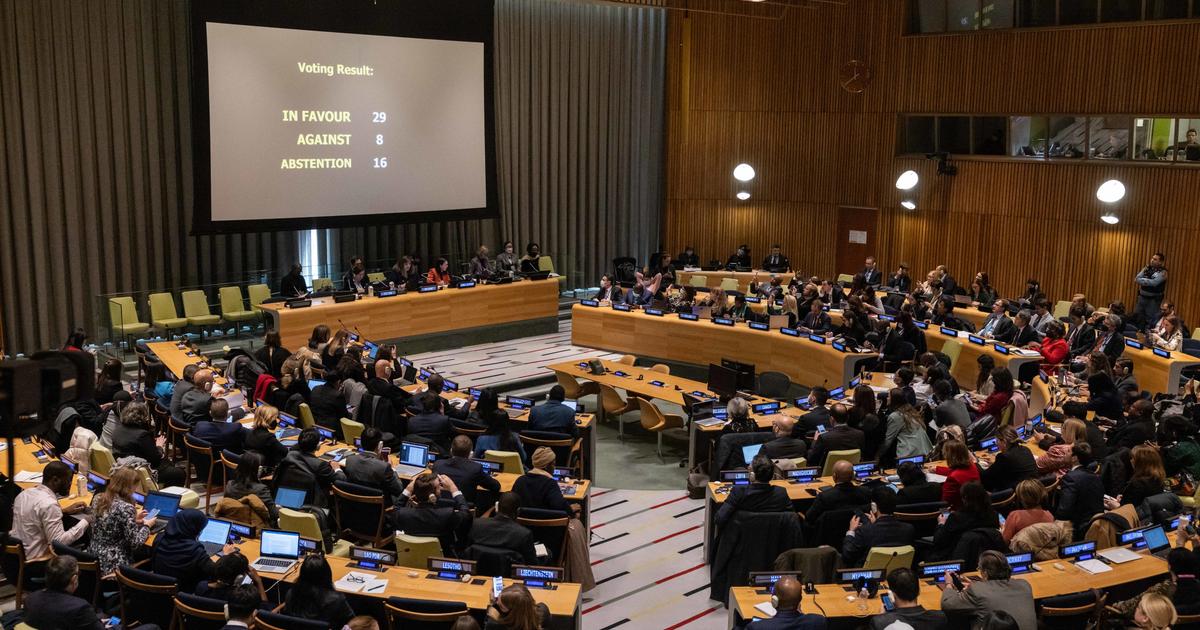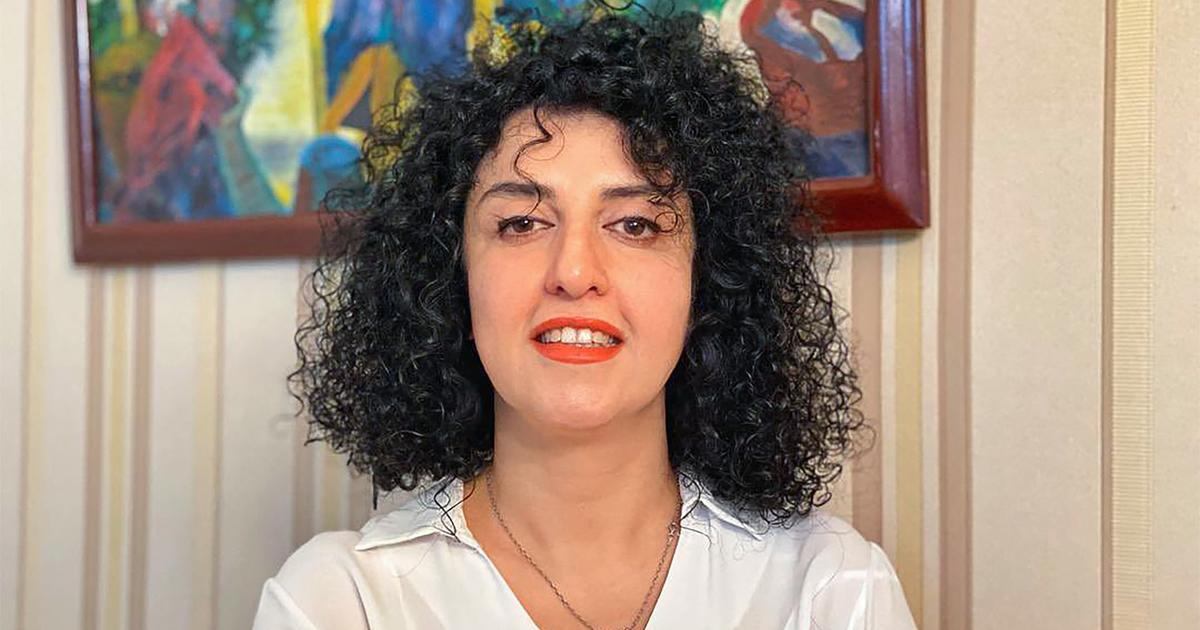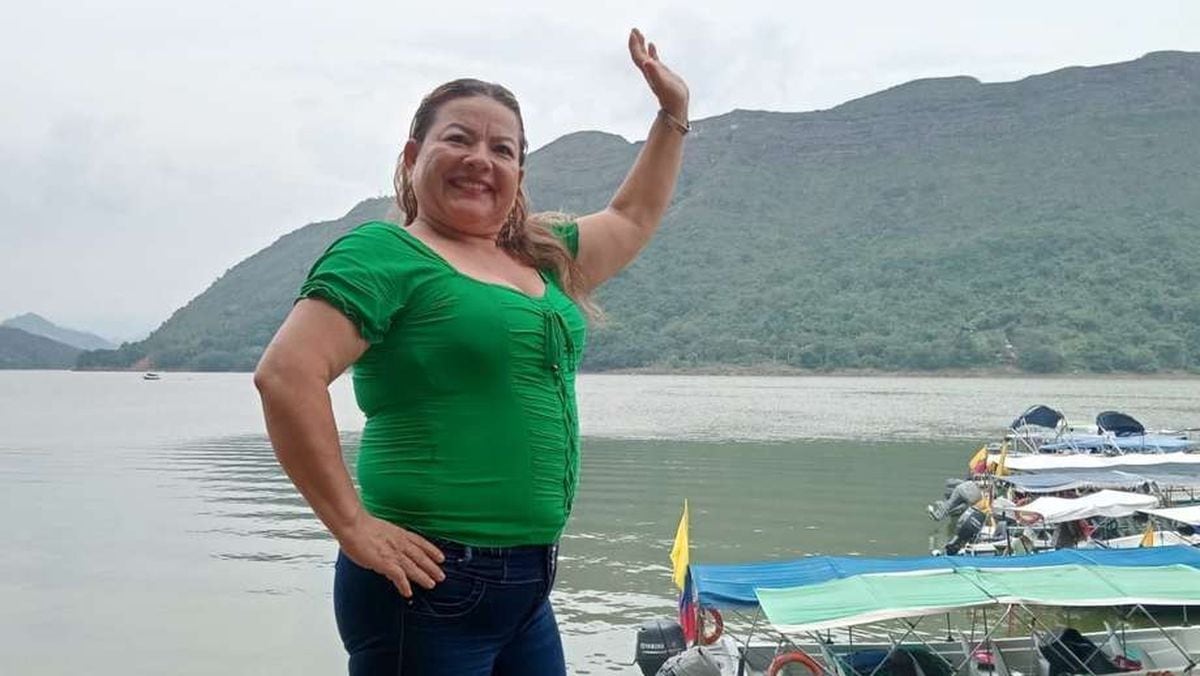Human
rights in the Arab world
were put under a magnifying glass before and during the recently concluded World Cup in Qatar.
Beyond the issues that remain in the hands of justice regarding labor participation in the construction of the infrastructure, many of the elements that were discussed before the sporting feat did not develop as predicted.
Is it that we find a world different from the budget?
Was it a staging for the World Cup?
Could it be that prejudices were woven from the West?
Amina Bouayach
was born 65 years ago in Tetouan, Morocco.
She is an activist in defense of human rights, gender equality and democracy, she has worked on major human rights issues in Morocco, such as torture, refugee and women's rights.
She is the first of her gender to have been officially named
president of the Moroccan National Council for Human Rights
, the first with this position in Arab countries.
She has been vice president and then general secretary of the International Federation of Human Rights Leagues.
"The law is not always seen in everyday life and
a paradigm shift is needed - he
explains in an exclusive chat with
Clarín
-. People need to appreciate the content of human rights on a daily basis. We believe that the guarantee of the effectiveness of rights It is a holistic approach that is not limited to the legislative in the consecration, but also to the extra-legislative in this process of guaranteeing and effective enjoyment of universal rights," he explains.
And he continues: "I think that this is a look that, as an expression of the Arab world, has been perceived in this sports fair. The effectiveness of rights goes through regular actions and a permanent evaluation of public policies. The debates presented in this I think that event
proposed a reflection
on what it means to receive those who do not have the same customs and how, without losing identity, to be able to welcome them cordially”.
-What challenges do you think that, based on the experience of Qatar, the Arab world still has regarding human rights?
-The effectiveness of rights, that is, the effective access to them, is a process that must be constantly nurtured and perfected, and even adapted to the different developments that arise from time to time.
An international event was a challenge for this side of the planet that had not had the opportunity to do it before.
In the daily fight for rights, one must never stop working to achieve objectives that seem, in view of the successive global crises that we are all witnessing, increasingly difficult to achieve.
I think this is the concern shared by all human rights defenders, be it in Morocco or elsewhere.
The universality of rights, in itself, presupposes that no distinction or classification can be made on the basis of particular specificities,
-There was much talk about human rights violations among groups of workers who were involved in infrastructure tasks in Qatar. What is your opinion of this particular condition?
-Several countries face challenges related to the effectiveness of economic and social rights, which require resources but also the strengthening of good governance, the strengthening of international cooperation and a broad exchange of international best practices.
In Morocco, for example, we have recently launched several large-scale initiatives, such as social registration and social protection.
- What are the experiences that Morocco can transmit to the Arab world in this matter?
-We are not perfect, and we are especially interested in the logic of the mutual exchange of experiences.
In this process, we are already sharing some policies in the area of transitional justice, the management of the health crisis, our torture prevention mechanism;
the fight against radicalism, the choice of the focus of action that we call "Triple P": the prevention of violations, the protection of victims and the promotion of human rights.
-Morocco has become a paradigm in terms of gender violence.
-It is a task that I never stop denouncing.
It is a priority and a strategic line of work for the national human rights institution that I preside.
Faced with this phenomenon, which I personally describe as a silent pandemic, we need more than individual steps by each country, but a concerted approach and a "universal vaccine" to immunize our societies.
We will soon publish a report on the reporting of cases of gender violence, the result of a dedicated campaign launched in November 2021 that lasted a whole year.
-In a paradoxical way, while many Western women hesitated to attend Qatar, or the claim for women's rights in Iran went viral, King Mohammed VI of Morocco called for a new stage of equality between men and women. What tangible meaning does this have?
-It is a fundamental new stage in the reform process undertaken in the country.
The principle of gender parity is an inevitable condition for the consolidation of any rule of law, with the full participation of women in all sectors.
These decisions will have positive social, political and economic impacts.
-This last World Cup was the first to use artificial intelligence in different situations. You have been especially concerned about the emerging challenges it represents. Why?
The emerging challenges that threaten our societies in the digital age are important.
They include topics such as privacy protection, misinformation, manipulation, extremism, and challenges related to the use of artificial intelligence.
It is true that digital and algorithms will revolutionize our way of life, but their impact and consequences not only on human rights, but also on democracy and the rule of law leave clouds that we cannot clearly interpret in the future.
It is a space in which we began to move from human rights and that we are feeling cautiously.
look too
The woman who broke the mold: she is the first to lead the most famous fire department in the world
Mika Rantanen: "If we continue on the path we are going, the Arctic will be ice-free by mid-century"







/cloudfront-eu-central-1.images.arcpublishing.com/prisa/FHMSCEHBDRBXBH75XKQKTP6AD4.jpg)

